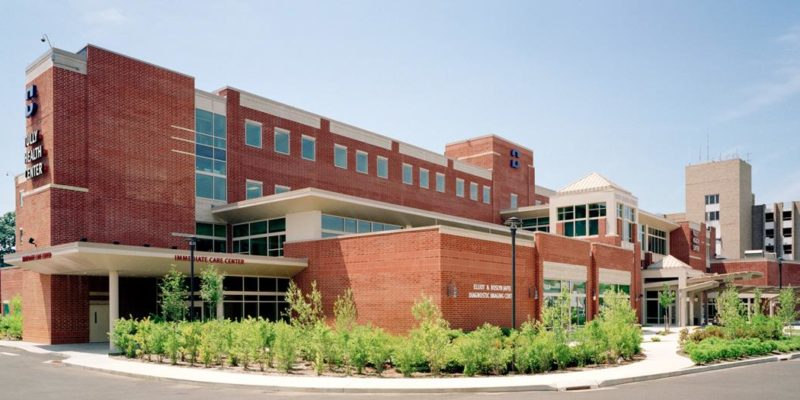Gardens and plants are growing in popularity in hospitals and other health care settings for one simple reason: they improve the quality of life and the quality of healing.
While every health care property is unique, there is one overarching goal each property’s landscape supports: “First, do no harm.” To this extent, there is a growing awareness that landscapes and plants can increase care quality, significantly improve patient health and satisfaction, measurably reduce infection risk and exposure, lower stress, and serve a greater purpose.
Our top six recommendations:
• Make nature, by way of strategic landscape planning, essential to your brand and credibility, and commitment to sustainability.
• Create multi-function therapeutic landscape space. Horticultural therapy sessions, interactive gardens, garden terraces and healing courtyard gardens, and green walls, with an emphasis on sensory perception.
• Integrate green building features with thoughtful elements that are patient-centered and accommodate limited mobility: handrails, grade-sensitive walkways that promote exercise, accessible ramps, and seating areas that promote rest.
• Create indoor atriums and enclosed all-weather landscape pavilions that provide high value impact and make nature available year-round.
• Choose seasonal plant and ornamental tree palettes that highlight rotating foliage color and texture, with plants that are non-toxic and non-thorny, with an emphasis on high contrast plantings to help patients with low vision; plant shade trees and lush perennial shrub and herb borders to create a sense of serenity.
• Mitigate environmental risk with less-toxic plant health care applications, advance human health and safety, with landscape lighting, green technologies, remote-controlled irrigation to avoid water waste and puddling; mitigate winter risk with storm and snow/ice management and safety plan.
ELM is a leader in health care, and institutional and commercial landscaping services. To learn more about healing gardens, plant therapy, and the role landscaping can play as an integrated strategy for health and well-being, contact Bruce Moore Jr., president, at 203-316-5433.

